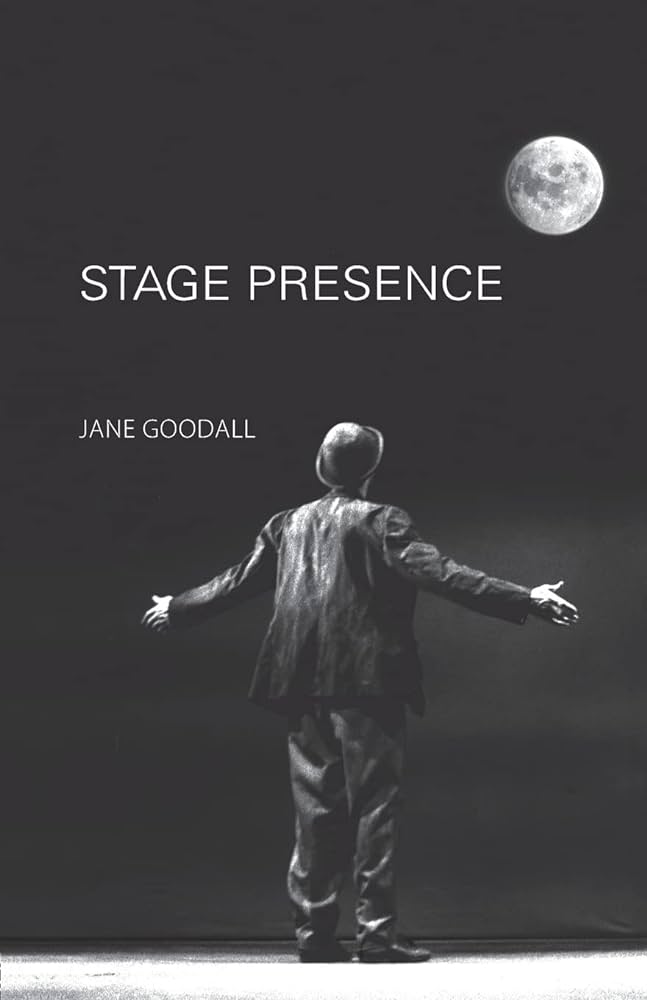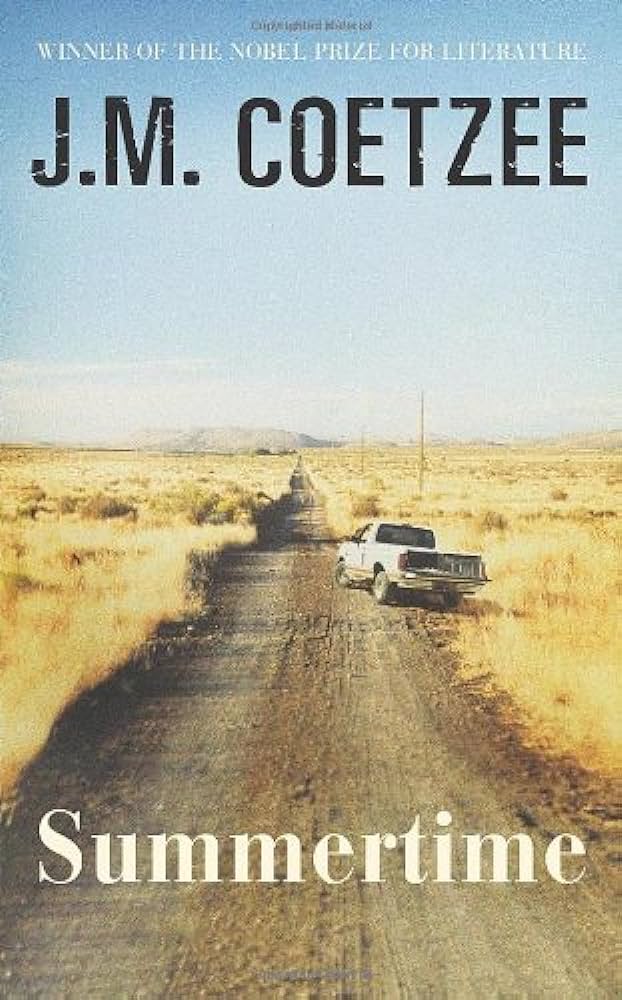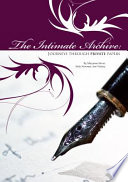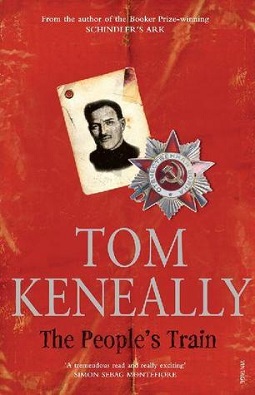Archive
Film | Theatre | Art | Opera | Music | Television | Festivals
Welcome to ABR Arts, home to some of Australia's best arts journalism. We review film, theatre, opera, music, television, art exhibitions – and more. To read ABR Arts articles in full, subscribe to ABR or take out an ABR Arts subscription. Both packages give full access to our arts reviews the moment they are published online and to our extensive arts archive.
Meanwhile, the ABR Arts e-newsletter, published every second Tuesday, will keep you up-to-date as to our recent arts reviews.
Recent reviews
Summertime by J.M. Coetzee & The Cambridge Introduction to J.M. Coetzee by Dominic Head
by James Ley •
The Cambridge Companion to Bob Dylan edited by Kevin J.H. Dettmar
by Imre Salusinszky •
The Cambridge Companion to Greek Lyric by Felix Budelmann
by Christopher Allen •
The Intimate Archive: Journeys through private papers by Maryanne Dever, Sally Newman and Ann Vickery
by Sylvia Martin •
The Outsider: A Portrait of Ursula Hoff by Colin Holden
by Jaynie Anderson •










